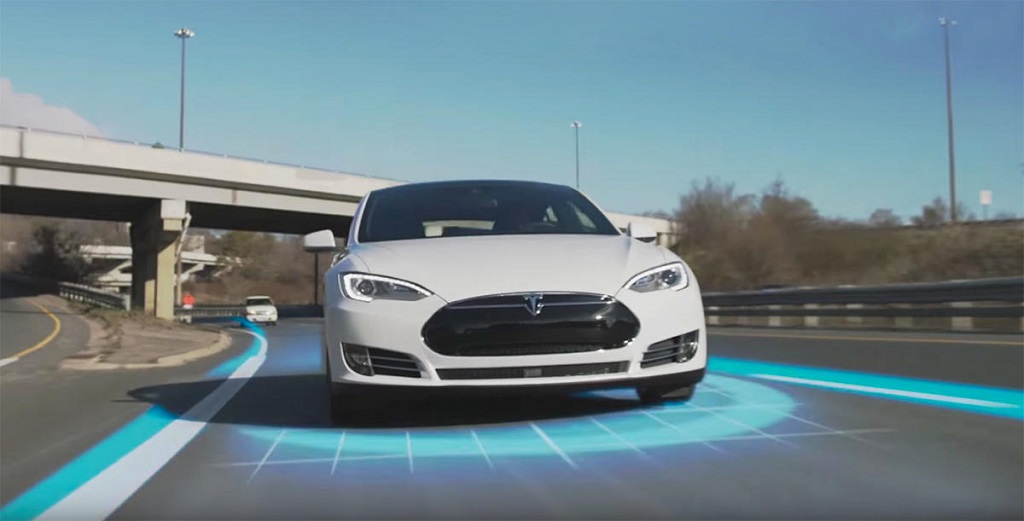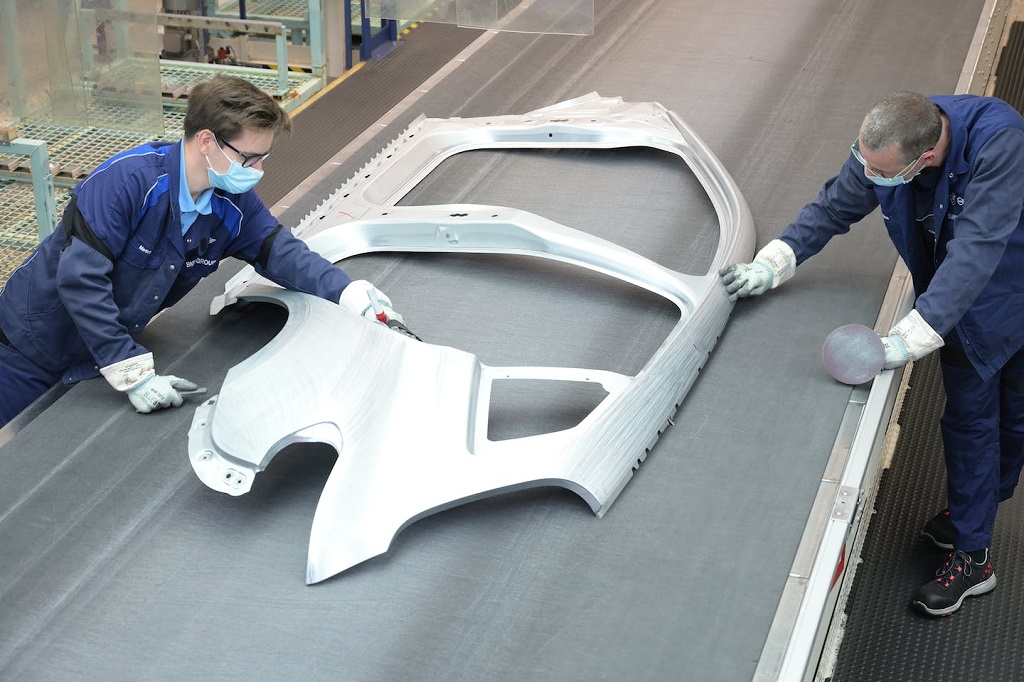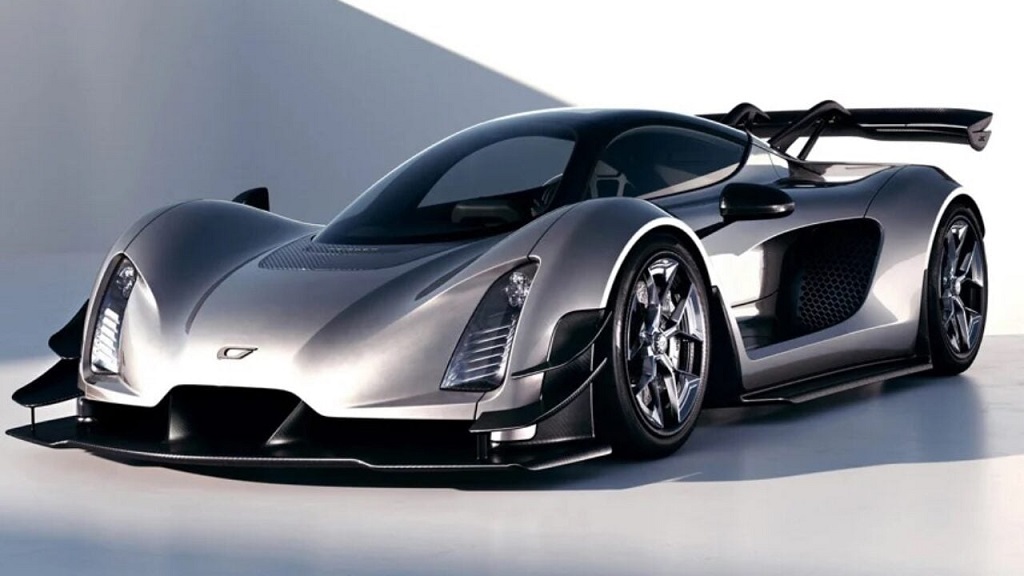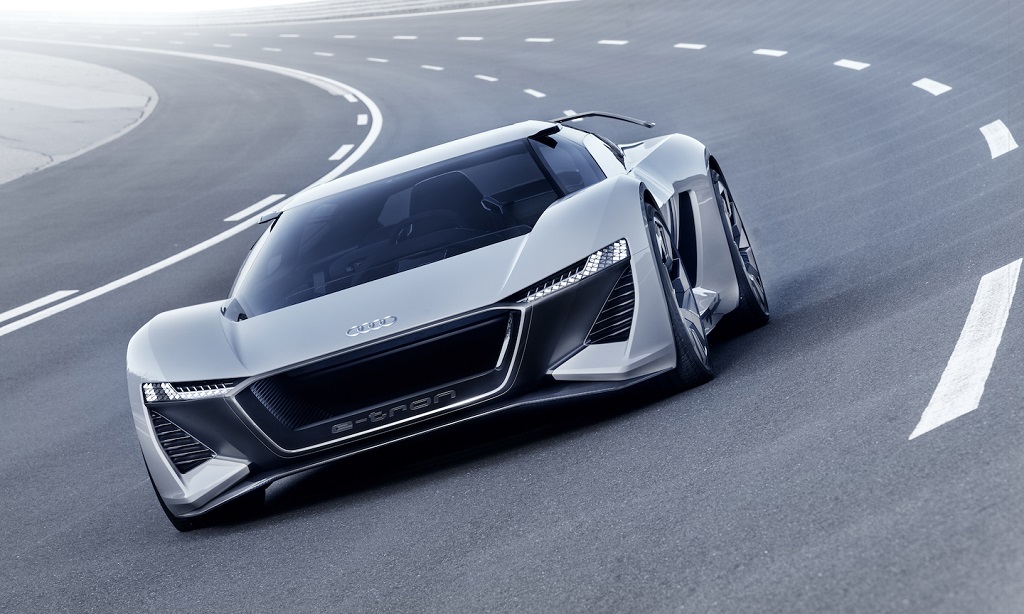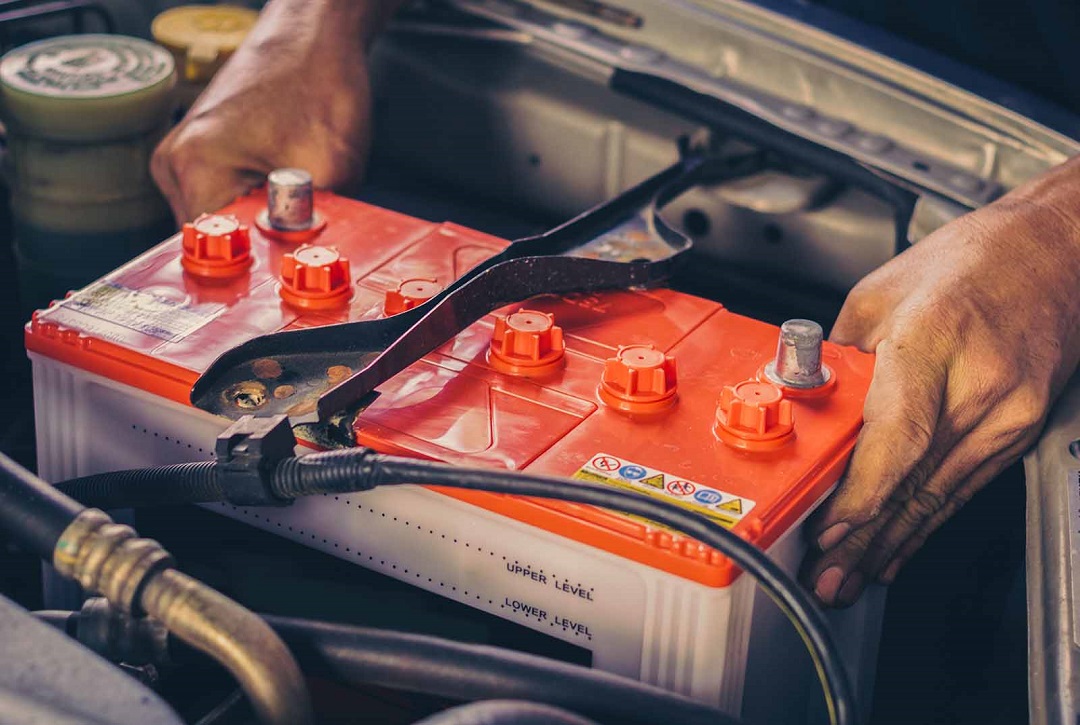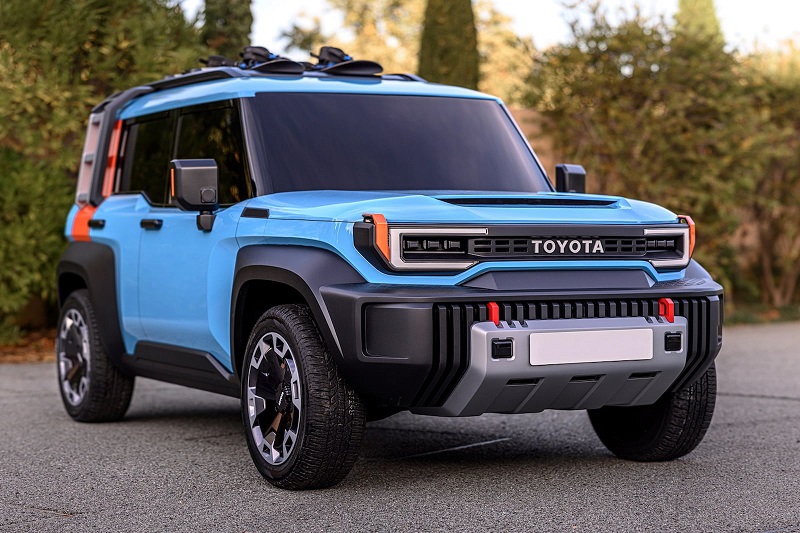In today’s fast-paced world, the automotive industry is constantly evolving, driven by technological advancements, shifting consumer preferences, and environmental concerns. This article takes you on a journey through the current trends shaping the automotive landscape, from electric vehicles to autonomous driving and beyond.
Electrification Revolution: The Rise of Electric Vehicles (EVs)
Electric vehicles have taken the automotive world by storm. With increasing environmental awareness and a desire for sustainable transportation, consumers are embracing EVs. Major automakers are investing heavily in EV technology, promising a future where electric cars are not just eco-friendly but also affordable and accessible.
EV Charging Infrastructure Expansion
One of the key challenges for EV adoption has been charging infrastructure. However, the industry is addressing this issue with a rapid expansion of charging stations worldwide. Governments and private companies are collaborating to build a robust charging network, making long road trips in EVs a reality.
The Autonomous Driving Odyssey
Autonomous vehicles are no longer a futuristic concept but a reality. From Tesla’s Autopilot to Waymo’s self-driving taxis, companies are making significant strides in autonomous technology. These innovations aim to make roads safer and reduce traffic congestion.
Ethics and Regulations
With autonomous vehicles on the horizon, questions about ethics and regulations have surfaced. How should self-driving cars make ethical decisions in critical situations? Policymakers and ethicists are actively working on establishing guidelines to address these concerns.
Connectivity and the Internet of Things (IoT)
Modern cars are becoming increasingly connected. The Internet of Things (IoT) is transforming vehicles into smart machines capable of real-time data exchange. This connectivity enhances safety, navigation, and entertainment options for drivers and passengers alike.
Cybersecurity Concerns
As vehicles become more connected, they also become vulnerable to cyberattacks. Ensuring the cybersecurity of connected cars is a top priority for the automotive industry. Experts are developing robust security measures to protect vehicles from potential threats.
Sustainability and Green Initiatives
The automotive industry is under pressure to reduce its carbon footprint. Manufacturers are exploring eco-friendly materials, energy-efficient manufacturing processes, and sustainable design principles to create greener vehicles.
Eco-Friendly Materials
The use of recycled and sustainable materials in vehicle production is gaining traction. This not only reduces waste but also lowers the environmental impact of the automotive industry.
Personalization and Customization
Consumers today demand more personalized and customizable vehicles. Automakers are leveraging technology to offer unique options, from personalized interiors to customizable driving experiences.
3D Printing Revolution
3D printing is revolutionizing the automotive manufacturing process. It enables the creation of custom parts and components, reducing production costs and increasing flexibility in design.
Mobility as a Service (MaaS)
The concept of Mobility as a Service (MaaS) is changing how people perceive transportation. MaaS integrates various forms of transportation into a single, seamless service, making it easier for individuals to get from point A to B.
Shared Mobility
Ride-sharing and car-sharing services are on the rise, providing convenient alternatives to traditional car ownership. This trend is expected to continue, especially in urban areas.
Conclusion
The automotive industry is at a crossroads, balancing innovation with sustainability and safety. As we navigate through these trends, one thing is clear: the future of mobility is exciting and promising. From electric vehicles to autonomous driving, connectivity to sustainability, the automotive industry is driving us towards a greener, safer, and more personalized future.
FAQs
Are electric vehicles really more eco-friendly than traditional cars?
Yes, electric vehicles produce zero tailpipe emissions and have a smaller carbon footprint over their lifetime compared to gasoline-powered cars.
How close are we to fully autonomous vehicles?
While we have advanced significantly, fully autonomous vehicles are still undergoing testing and fine-tuning. It may take several years before they become commonplace.
What is the main challenge in expanding the EV charging infrastructure?
The main challenge is the need for significant investment in charging stations and grid capacity to support a growing number of electric vehicles.
How can I protect my connected car from cybersecurity threats?
You can protect your connected car by regularly updating its software, using strong and unique passwords, and being cautious about the apps and devices you connect to your vehicle.
What is the future of car ownership with the rise of shared mobility services?
Car ownership may become less common, especially in urban areas, as shared mobility services offer convenient and cost-effective transportation alternatives.



